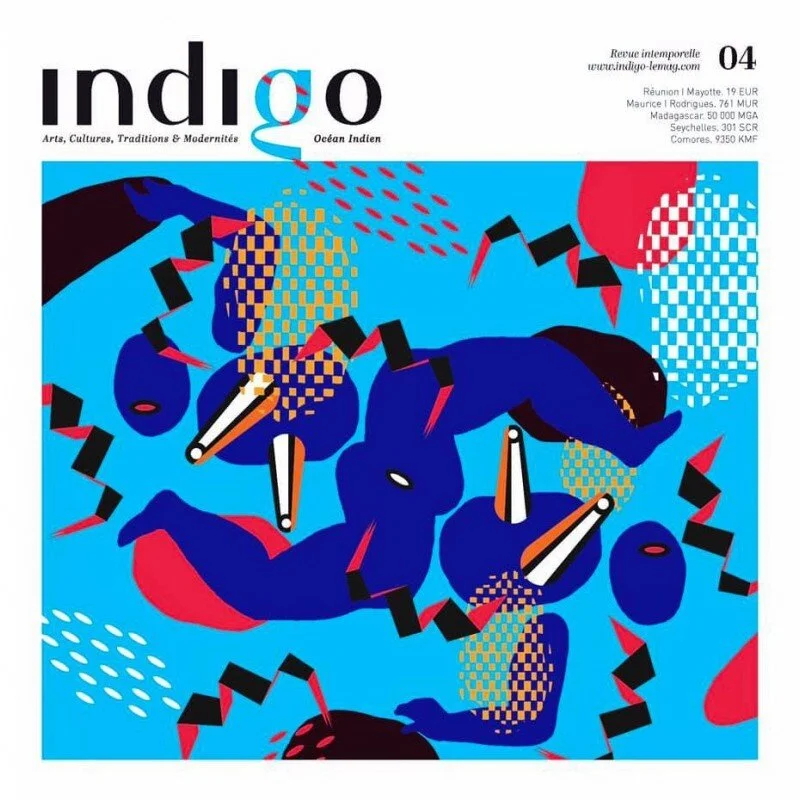You and I have been partners for a long time. Some might even say friends. (Maybe frenemies.) But we have a decent, cordial, mutually respectful relationship, and have for years.
But enough with the formalities. You and I need to have a heart-to-heart. Right here, right now.
See, there are times when I feel you're limiting me. Like you're cornering me into a little box of conventions and traditions, of the way it's always been done, perhaps even the way it's supposed to be done. Says you. I come to you with a question, an open-ended question. This is not a yes or no, black or white question. There are shades of beautiful gray, shadows in the dark and streams of dust-filled light. This question invites research, discussion, discovery. I'm looking for the many different facets and shades of meaning, the many different turns and tunes of how to say something, how to sing or mumble or cry or shout or threaten something, in my own tongue. I come to you on my knees, ready to learn.
And lately, it seems that you see this delicate and luxurious Fabergé egg that I present before you, a treasured gift on a velvet pillow, and you just slap it out of my hand. And then you shove a dull cube of lead in front of my face, and I almost choke on this unimaginative, unpolished lump. Too familiar. I've seen it dozens of times before. The one word that is the only possible translation of this word I've brought before you.
But no. No. NO! Never! There is not ever only one right answer! This translation I am doing, it is not a machine, a mechanized process that takes input and spits out deadened, predetermined outputs out, day in and day out, forever until the end of time, never changing, never growing, never creating things of beauty. This is a creative process, a process of creation, of breathing new life into something already lovely, of using a new prism of clear cut glass to catch the sunlight in a new way and spurt forth new colors to send out into the world, scattering and dancing as they go. This is not a process of boxing in, of limiting the possibilities, but one of springing the lock on Pandora's box, and watching as all the wonderful and strange and unknown and terrifying and beautiful things go flying out of your control.
The paths that have been trodden before me are good, and solid, and reliable, and have their place. I pad and stomp over them often myself. But you must not build fences of cold steel and barbed wire, penning me in from ever leaving them! I will be forced to break free, tearing down the iron gates much as I tear apart your whisper thin papyrus sheets.
So I will slam you shut, and I will shove you off of the table in a fit of frustration, and I will curse as I stub my own toes in an attempt to injure your pages and your pride.
And yet.
Although. Still.
As it happens, lumps of lead can be beautiful, too...if combined in a new way, stacked on top of each other in precariously swaying towers, sculpting the likeness of a new creature that no one has ever seen before, nor even imagined. Even as a limited and limiting tool, you are useful. Of constant, and yes, essential use.
We shall remain partners.
Warily and forever yours,
Allison
P.S. I did not originally mean for this to be an ode to this creative process, something dearly loved. I have learned something new, that you are inspirational in a muse-like way I did not imagine before. You still have some surprises and tricks up your binding.





